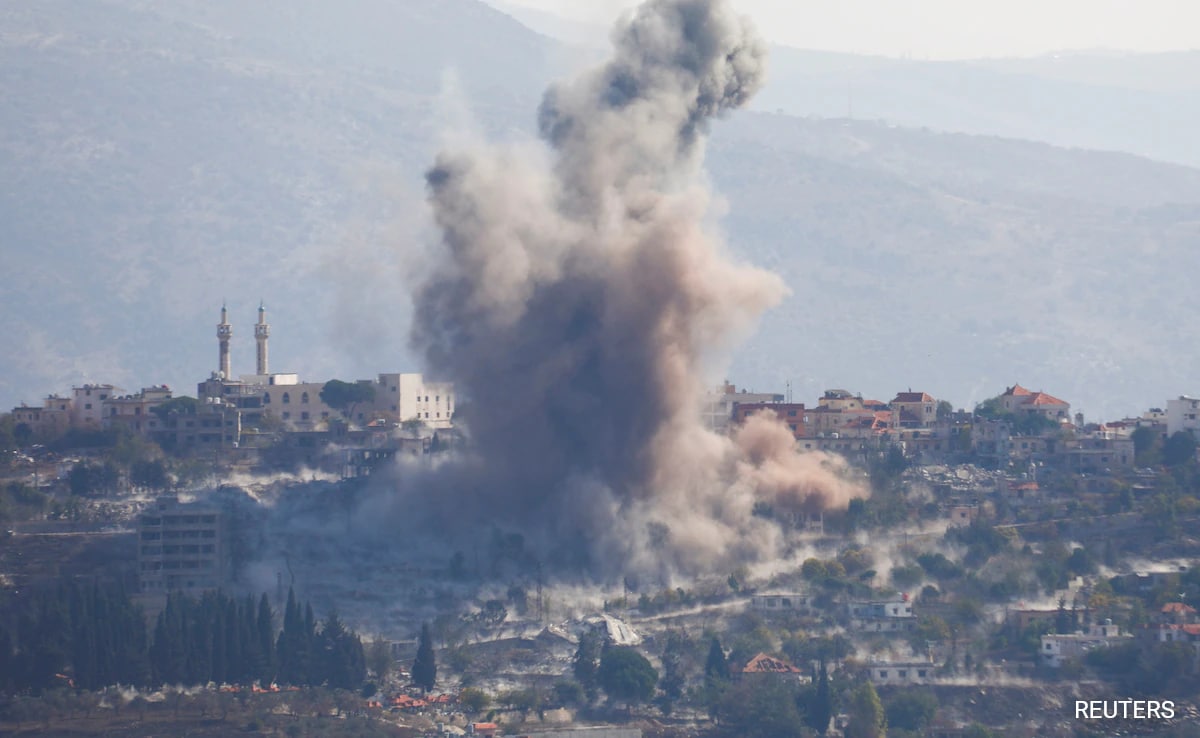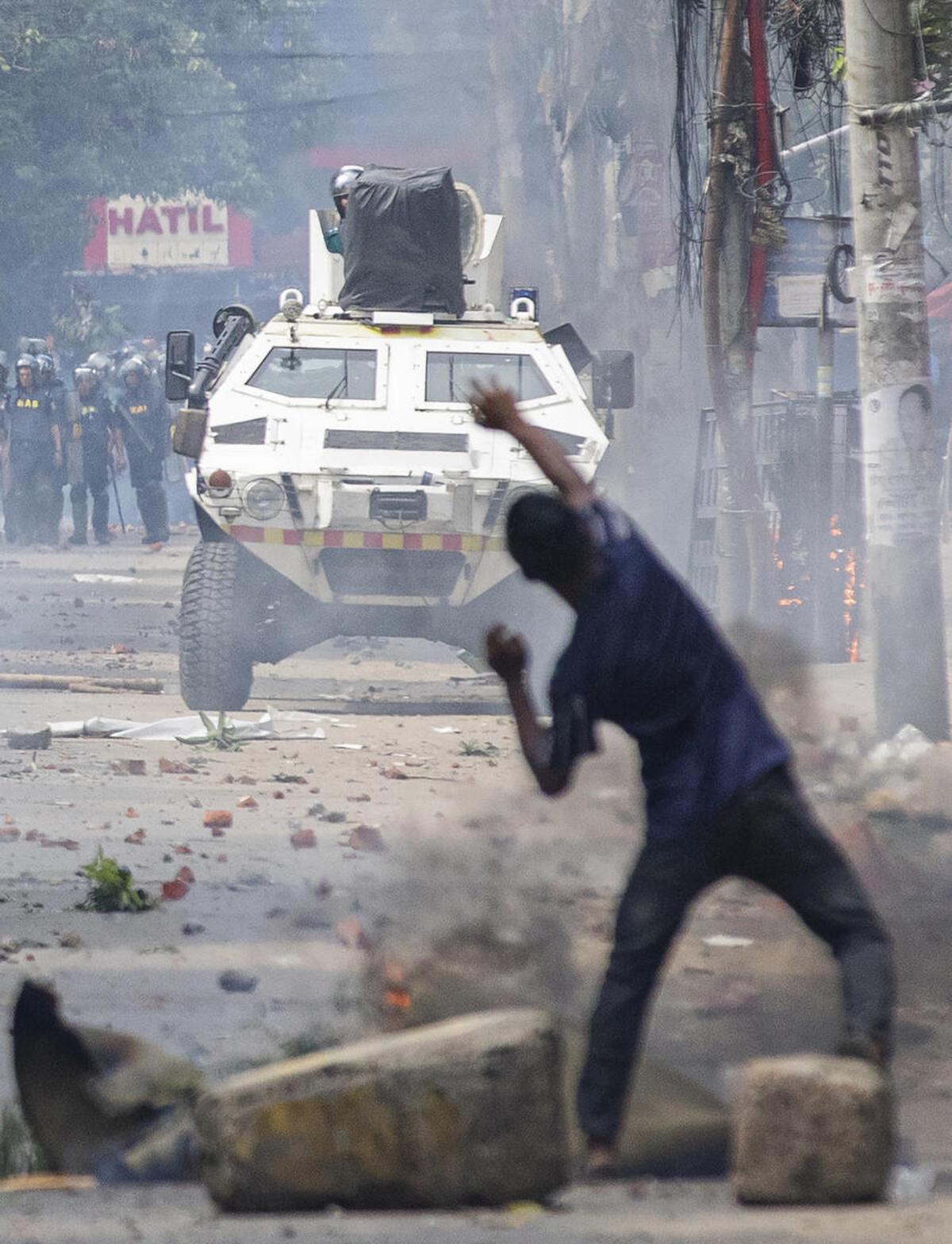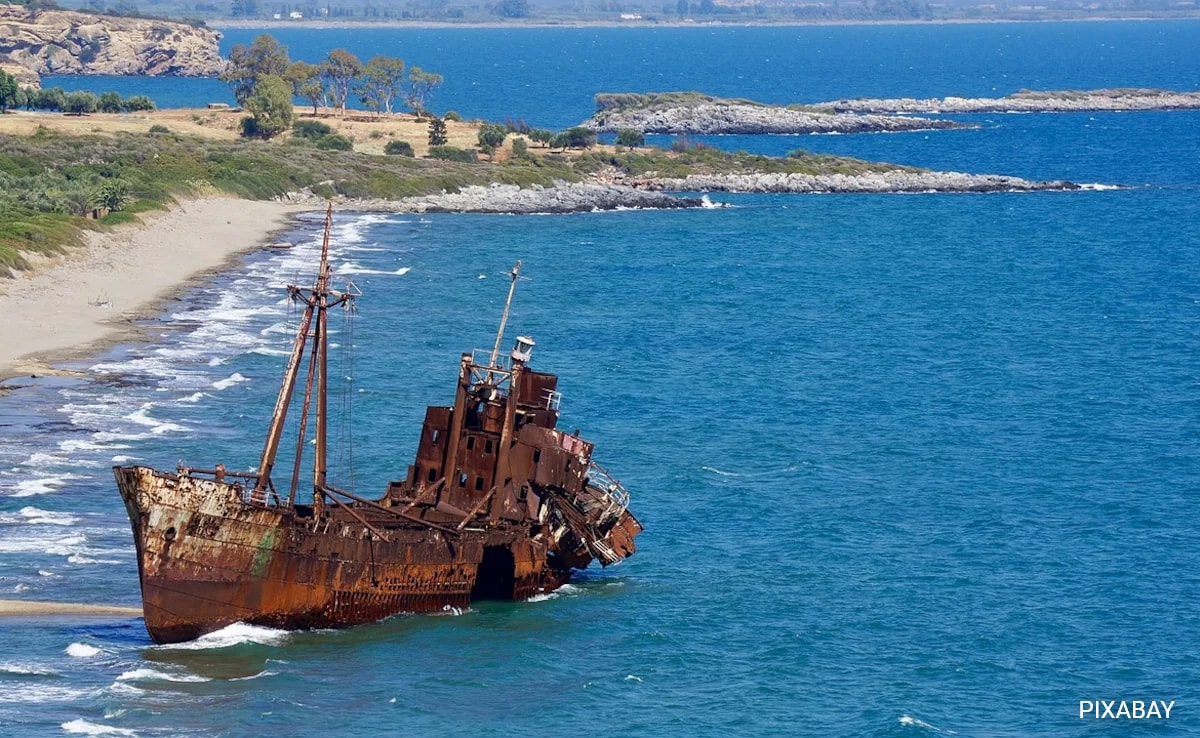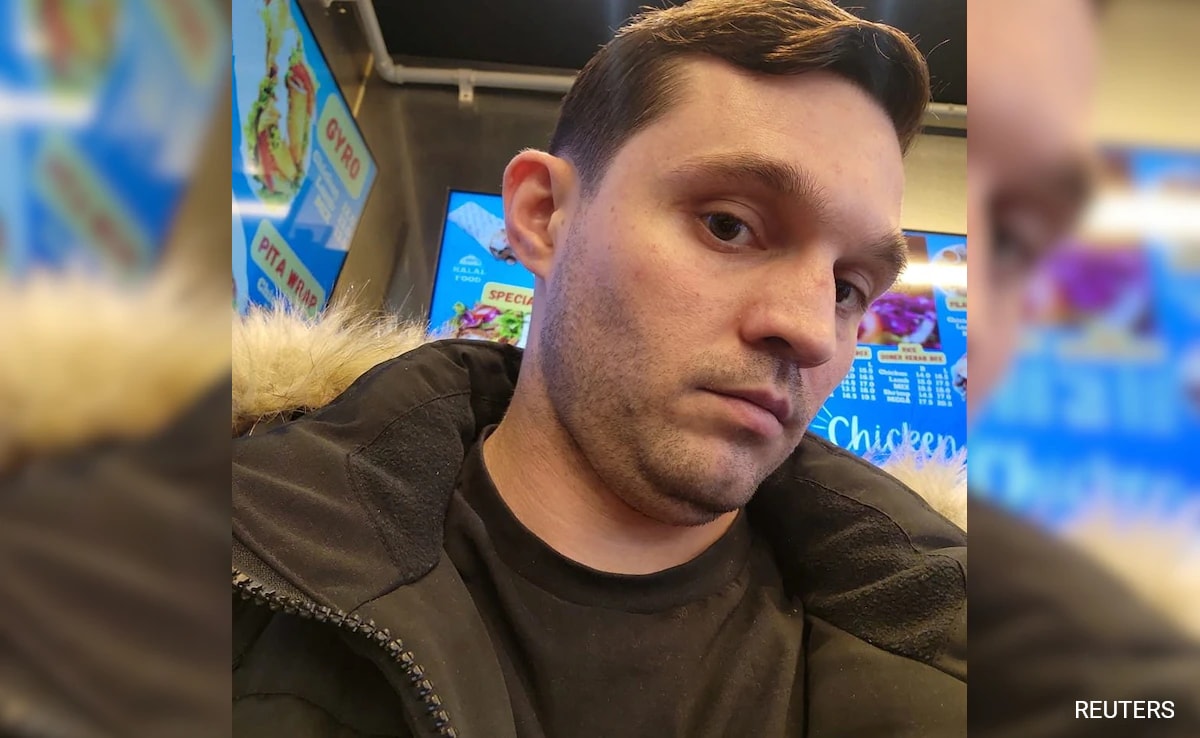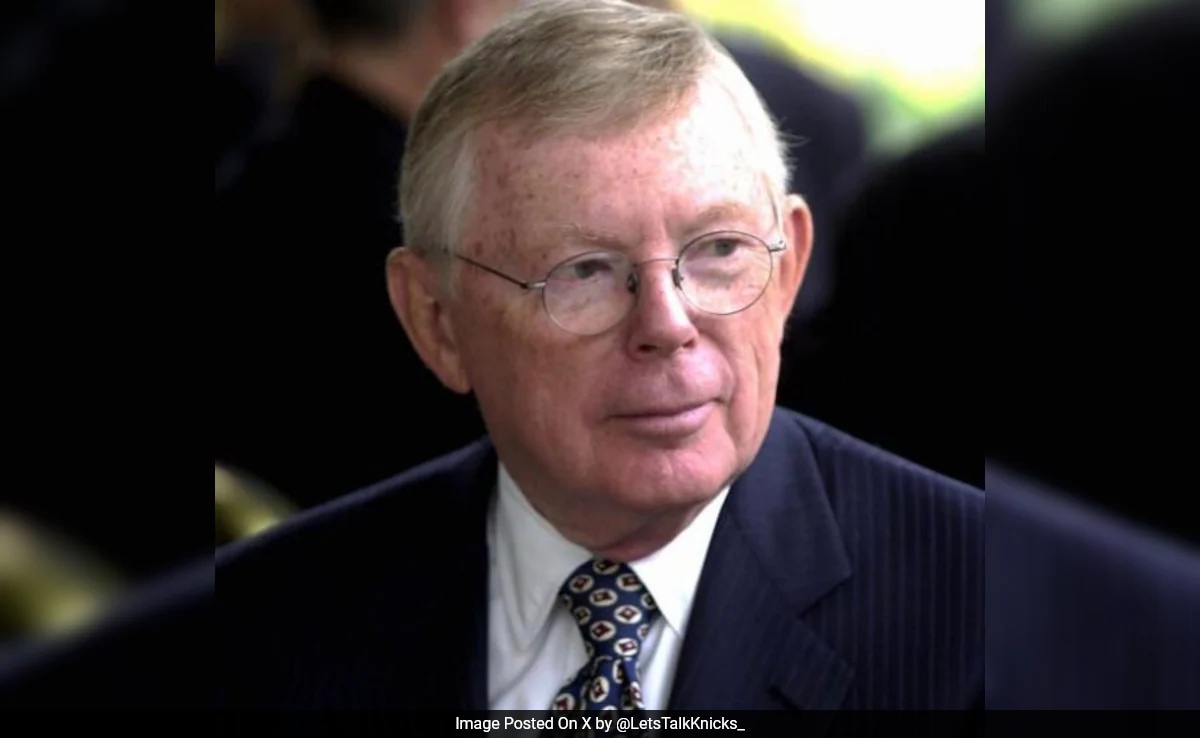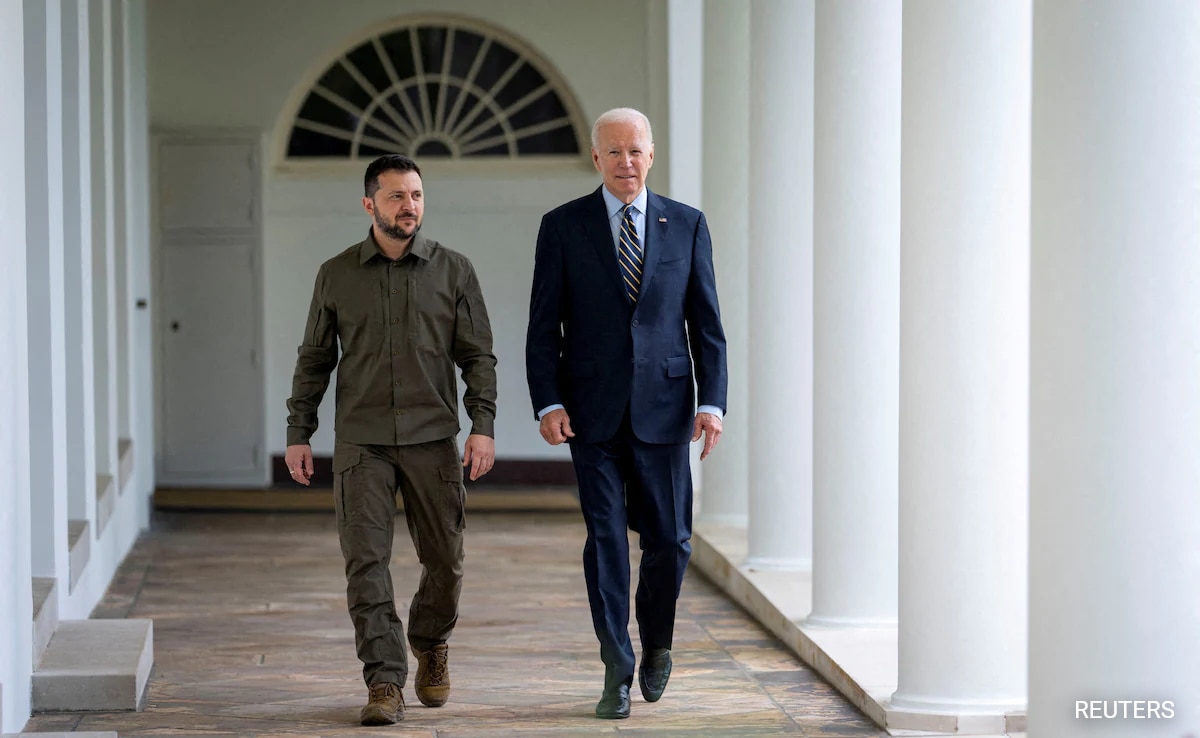Security forces deployed to secure the area after an overnight attack on a restaurant in the Burkina Faso capital Ouagadougou. File
| Photo Credit: Reuters
Their loved ones were slaughtered by Islamic extremists or government-affiliated fighters. Their villages were attacked, their homes destroyed. Exhausted and traumatised, they fled in search of safety, food and shelter.
This is the reality for over 2.1 million displaced people across the West African nation of Burkina Faso, torn apart by years of extreme violence.
But unlike others displaced in the region, they are seen as a challenge to Burkina Faso’s military junta that took power two years ago on the pledge of bringing stability. Their existence contradicts its official narrative: that security is improving and people are safely returning home.

Those who fled to Ouagadougou, the capital, which has been shielded from violence, find fear instead of respite. They are made into shadows, with many resorting to begging. Most of them are not entitled to support from authorities, and international aid organisations are not authorised to work with them.
Numbers unknown
With no official displacement sites in Ouagadougou, no one knows how many people shelter in the capital or sleep on the streets. A rare acknowledgement of their existence by authorities noted 30,000 last year. But aid groups say real numbers are much higher. And as violence increases, and people crowd displacement sites in the country’s remote north and east, exposed to hunger and disease, more are expected to arrive in the capital.
One aid worker, speaking on condition of anonymity for fear of retaliation, described the situation as “a ticking bomb.”
Fulani ethnic group
The AP interviewed four displaced people in Ouagadougou. All spoke at great risk. Three are with the Fulani ethnic group, which authorities accuse of being affiliated with Islamic insurgents. All three said they have faced discrimination in the capital, with trouble finding jobs and sending children to school.
For decades, the Fulani were neglected by the central government, and some did join militants. As a result, Fulani civilians are often targeted both by the extremists — affiliated with Al-Qaeda or the Islamic State group — and by rival pro-government forces.
A 27-year-old Fulani cattle trader from Djibo, a city besieged by armed groups since 2022 said government-affiliated forces indiscriminately treated all Fulani in the area as extremists.

“They started arresting people, bringing them to the city, beating them, undressing them. It was humiliating,” he said. His uncle spent seven months in prison because he received aid from a charity run by extremists in part to spread their ideology.
According to analysts, the junta’s strategy of military escalation, including mass recruitment of civilians for poorly trained militia units, has exacerbated tensions between ethnic groups. Data gathered by the Armed Conflict Location and Event Data Project show that militia attacks on civilians significantly increased since Capt. Ibrahim Traore took power.
The violence has radicalised some Fulanis, the cattle trader said.
“Every day, you prayed to live through the next 24 hours,” he said. “This is not a life.” He did not want to flee and leave his parents behind. But one day, his father said: “You have to leave, because if you stay, someone will just come and kill you.”
His father was later killed.
His mother has joined him in the capital. They have not received support from the government.
As much as 80% of Burkina Faso’s territory is controlled by extremist groups and more civilians died from violence last year than in the years before, but in Ouagadougou, it is easy to forget that the government is battling an insurgency.
Published – January 08, 2025 12:02 pm IST






